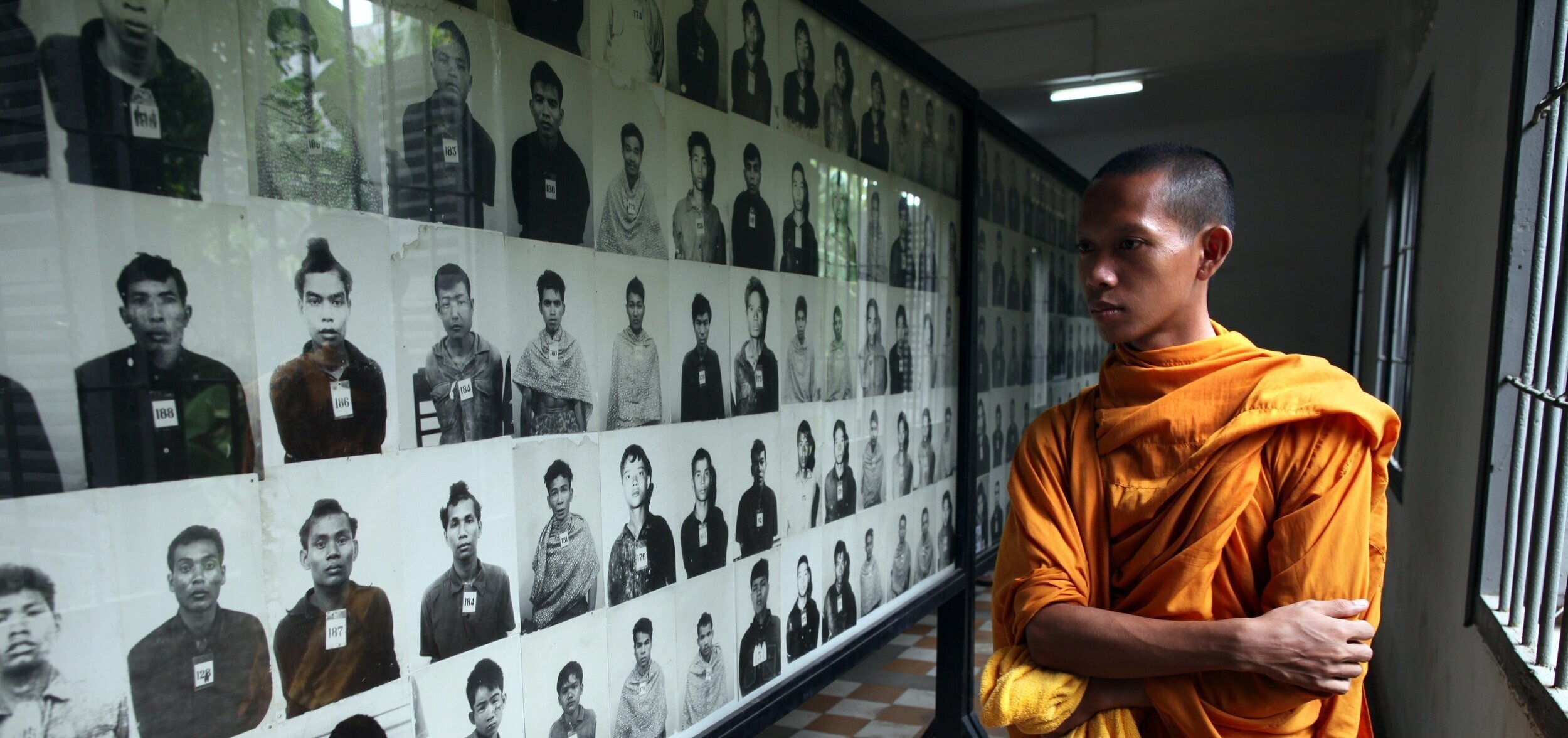
A research blog on genocide and mass atrocity prevention, transitional justice and the political dynamics of mass atrocity crimes.
Implementing gender-sensitive atrocity prevention: Field overview and issues
To promote gender-sensitive atrocity-prevention, this brief report outlines the current state of knowledge regarding atrocity prevention and its gendered dynamics. Drawing on lessons from the WPS agenda and the AP field, we advance recommendations and potential solutions to ensure nuanced and effective gender-sensitive AP implementation.
30 Years After the Genocide in Rwanda: Gender, Accountability and Atrocity Prevention - Keynote speech by SRSG Pramila Patten
The June 6th seminar by HL-senteret, PRIO, and STK featured a keynote speech by the UN Special Representative of the Secretary-General (SRSG) on Sexual Violence in Conflict Pramila Patten. The SRSG touched upon a lot of pivotal topics, upcoming challenges, and policy recommendations during her keynote, highlighting the crucial role that gender plays for atrocities and their prevention.
30 Years After the Genocide in Rwanda: Gender, Accountability and Atrocity Prevention - Panel session from HL-senteret, PRIO, and STK seminar
This post explores the many lessons and challenges of atrocity prevention raised during the panel session of the seminar on Gender, Accountability and Atrocity Prevention on June 6th, in collaboration with PRIO and STK, commemorating 30 years since the Rwandan genocide directed against the Tutsi.
Freedom of Religion or Belief and the Responsibility to Protect
This blog entry explores the different manifestations of religion and belief systems in mass atrocity dynamics, and illustrates the relevance of R2P and atrocity prevention to the freedom of religion and belief (FoRB) agenda.
Atrocity prevention in an illiberal world. The role of a small state in the UN Security Council
How can a small state such as Norway, with its seat in the UN Security Council, prevent atrocities like genocide and crimes against humanity? Is the Responsibility to Protect (R2P) doctrine too contested in the current world order?
The Responsibility to Protect in a Digital Age
There is an “atrocity gap” in international human rights protection that needs to be closed for an effective application of R2P online as well as in the real world.
The mass atrocities against the Rohingya: Challenges to R2P
The case of the Rohingya in Myanmar raises some questions that go to the heart of scholarly and political discussions over the responsibility to protect (R2P).






